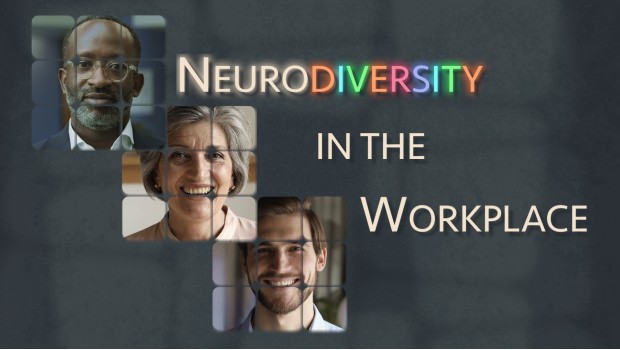Neurodiversity in the Workplace
“Neurodiversity” is an umbrella term for the various ways people’s brains process information and social interaction.

“Neurodiversity” is an umbrella term for the various ways people’s brains process information and social interaction, originally used to describe only people with autism, but now covering a wide range of variations such as dyslexia and Tourette’s.
Recruiting and maintaining a “neurodiverse” workplace in order to tap a wider range of abilities (from being better able to focus on repetitive tasks to having superior mathematical or computer skills) has increasingly become an area of interest to organizations from government, healthcare, and education to Fortune 500 corporations, and seen as a competitive advantage.
Neurodiversity in the Workplace focuses on four key areas:
- Neurotypical vs. Neurodivergent
- Neurodiversity Recruitment and Hiring
- Neurodiversity on the Job
- Implementing and Managing Neurodiversity at Work
While race, religion, ethnicity, gender, sexual orientation, etc. have become familiar in terms of diversity, equity, and inclusion in the workplace, neurodiversity as another category associated both with discrimination and opportunity is still unfamiliar territory to many. Neurodiversity in the Workplace provides a great introduction to the benefits and challenges of a neurodiverse workplace.